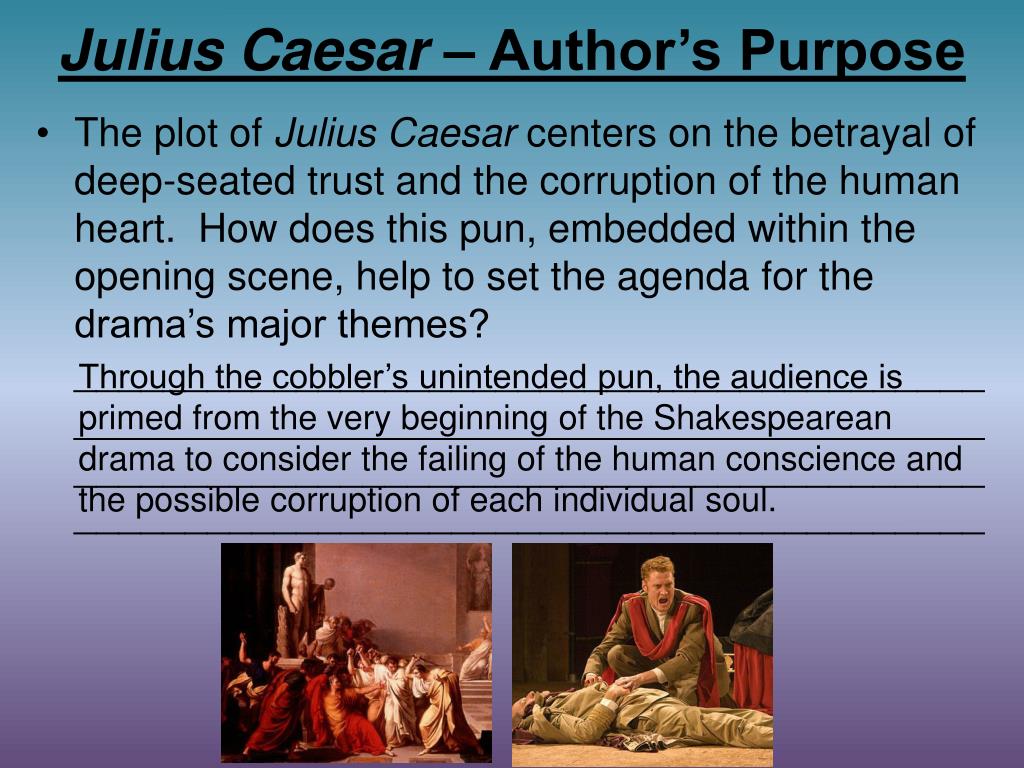
Quote #10ĭid that they did in envy of great Caesar Īnd common good to all, made one of them:”Īntony again speaks about Caesar and Brutus and says a few words in praise of Brutus despite fighting against him. Spoken by Mark Antony, these memorable lines say that when Caesar sees that all his friends have become traitors and have fallen upon him to kill him, then they would have found it easy to vanquish him, for his mighty heart would have burst with this surprise over this ingratitude of the traitors. Quite vanquish’d him: then burst his mighty heart:” Ingratitude, more strong than traitors’ arms, That is why he is using irony to show the people that goodness of Caesar is going with him in his grave, the reason that he has come to bury him. He knows that if he resorts to clearly exposing the assassins, they will tear him apart, too. Mark Antony is presenting Caesar’s character in a very ironic way to arouse public suspicion about the culprits. The good is oft interred with their bones ” I come to bury Caesar, not to praise him.

“Friends, Romans, countrymen, lend me your ears He means that he loves both but loves his country more than his friend, Caesar. He thinks that by equating patriotism to Caesar’s murder, he can exonerate himself from this heinous crime. “–Not that I loved Caesar less, but that I lovedīrutus tries to justify the killing of Caesar in a very eloquent way, the hallmark of the Romans. This quote has become a catchphrase to identify a friend-turned-enemy, for Brutus was very close to Caesar before becoming a conspirator and killer. He sees Brutus among them, too, and questions whether it is Brutus, then says that his death is then predestined.

The conspirators attack Caesar when he is coming out. Therefore, he does not care about these things. He says that a coward dies many times but a valiant person dies only once. However, Caesar merely terms it a coward’s act to stay alarmed. The valiant never taste of death but once.”Ĭaesar speaks these lines in response to Calpurnia, his wife, who tells him that he should not ignore warnings to his life, including her dream. “Cowards die many times before their deaths He means that Caesar has become arrogant since becoming Emperor. Therefore, when a person achieves a position, he does not look downward. He thinks that humility makes a person compassionate but when a person becomes an authority or wins a good position, he becomes less humble. Looks in the clouds, scorning the base degreesīrutus, a confidante of Caesar, speaks these lines to give a raison d’être (justification for existence) to his joining the conspirators.

Whereto the climber-upward turns his face īut when he once attains the upmost round. That lowliness is young ambition’s ladder, Hence, this phrase has become popular for use when a person does not understand the other person. In other words, he means that everything to him was as if spoken in some foreign language. One another and shook their heads but, for mine ownĬasca speaks these lines to Cassius after Cassius asks him about Cicero he responds that although other people understood and smiled, he could not understand anything. “Nay, and I tell you that, Ill ne’er look you i’ theįace again: but those that understood him smiled at


 0 kommentar(er)
0 kommentar(er)
